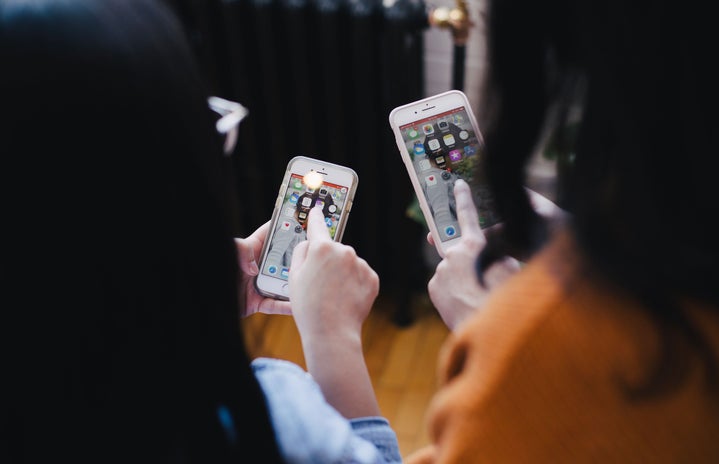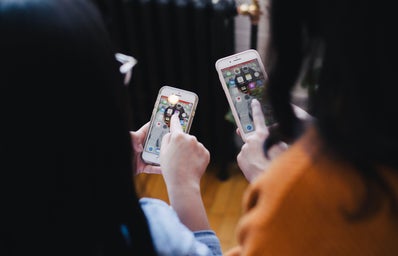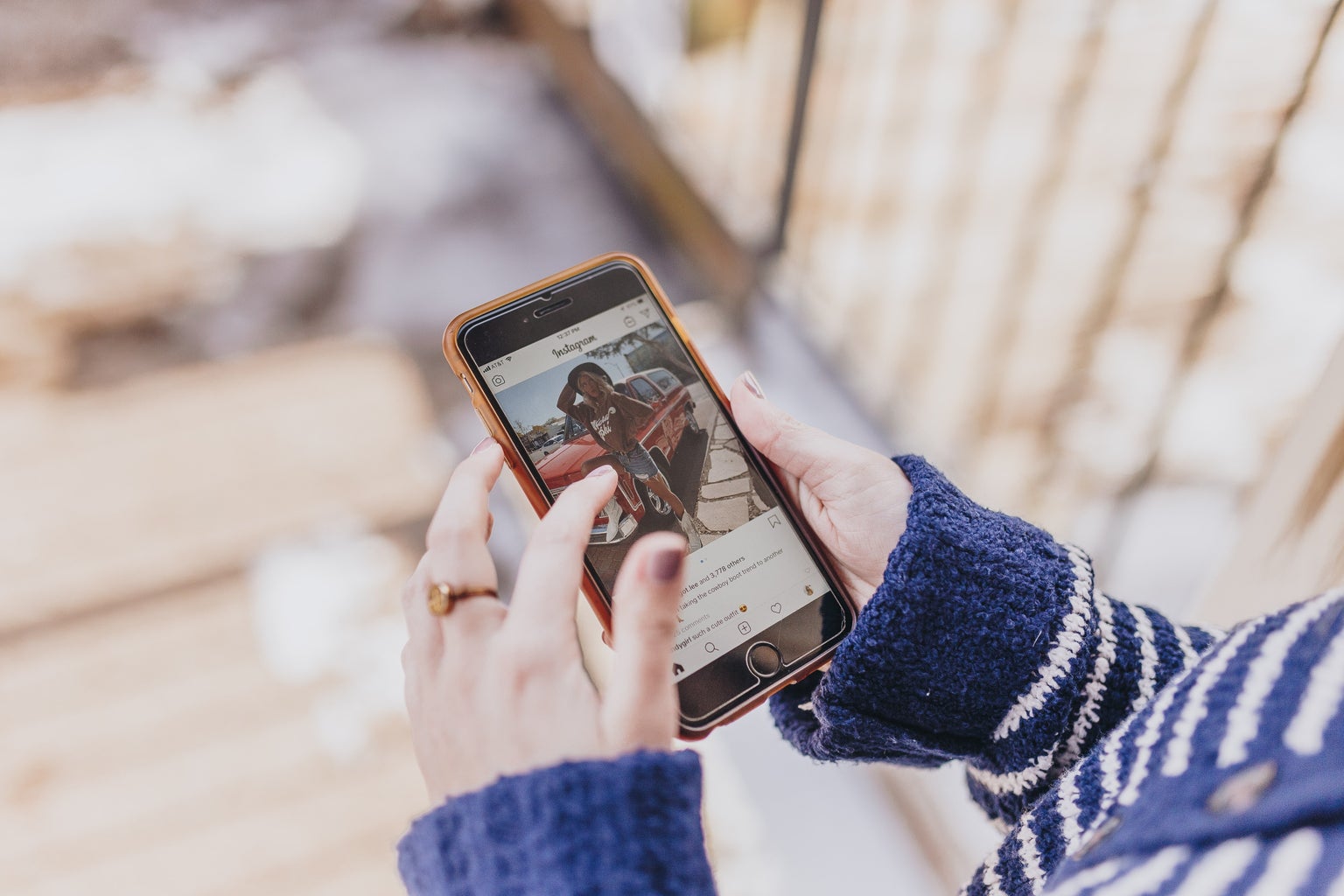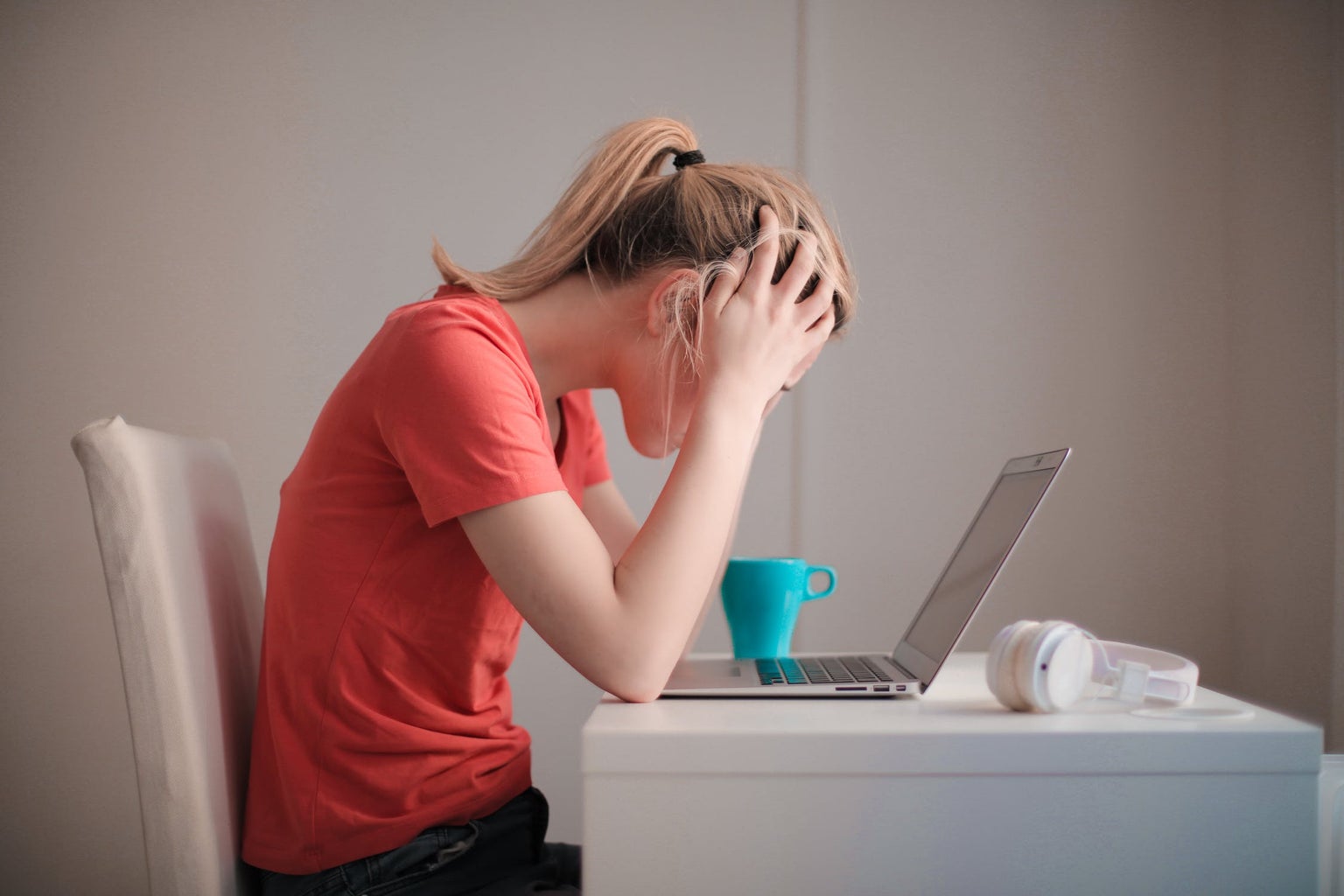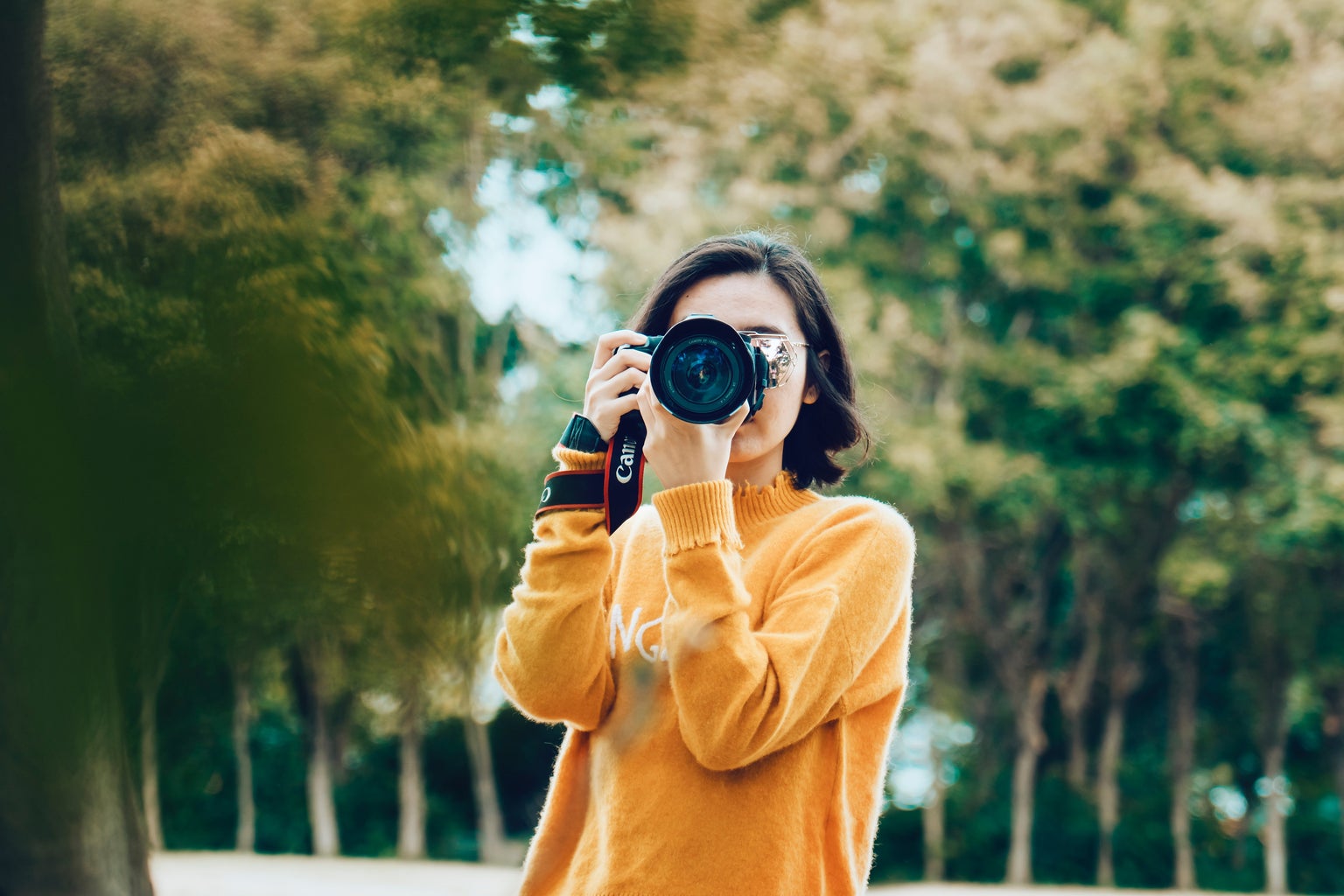In a world where Gen Z spends an average of over 3 hours daily on social media, platforms like TikTok and Instagram shape our realities profoundly. While these apps are our go-to for socialization, they come with some serious ups and downs. So, let’s dive into the good, the bad, and the downright ugly of our digital lives.
The Good
TikTok has revolutionized how we connect with others. Through the usage of storytimes and relatable content, TikTok is a center for fostering connections based on shared interests. There has been a recent rise of long storytimes that have not only gone viral but also created communities built around care and support, allowing users to come together in laughter and creativity.
Instagram has also created such communities, but more centered on the people we want to follow. Through Instagram, we can get all types of life updates from our favorite celebrities and influencers.
TikTok’s unique format empowers users to express themselves creatively through short, engaging videos. The platform allows for endless creativity, whether it’s dance trends, funny memes, or storytimes. The success of influencers and creators who gained fame through original content shows how anyone can turn their passion into a career, inspiring countless others to share their talents.
Social media has also become a powerful tool for activism. TikTok users and creators rallied together, using their platforms to raise awareness and drive real change. The platform’s ability to spread information quickly means that important messages can reach millions in a matter of hours, as seen with the viral success of videos on social justice issues.
The Bad
Despite its positives, the mental health impacts of social media cannot be ignored. Heavy social media can be linked to increased anxiety and depression, particularly among Gen Z. The pressure to curate the perfect online persona can lead to feelings of inadequacy and insecurity, as seen in the rise of “de-influencing,” where users encourage followers to focus on authenticity and being their “original selves” instead.
The spread of misinformation is another significant issue, especially on TikTok. When one side of the story pops up before the other, fans tend to take matters into their own hands and comment “hate comments” on another person’s platform. The type of hate comments that stem from this misinformation can be incredibly harmful, especially if taken too far.
“Doxxing” has become a trend and has been used to expose other creators’ unimportant drama. Doxxing is the act of releasing someone’s personal information online without their consent. It has been used countless times and legal actions have been taken against the individuals who leak such information. To reveal someone’s home address over a bit of drama is dangerous and thoughtless. It just goes to show that privacy is not respected when it comes to social media.
The Ugly
Cyberbullying remains a dark side of social media, with TikTok being no exception. Creators often face harsh criticism and bullying, especially when they deviate from the norm. The “cancel culture” phenomenon has intensified, leading to public shaming and mental health struggles for many influencers.
The addictive nature of platforms like TikTok is another concern. With its algorithm designed to keep users engaged, it’s all too easy to lose track of time. There have been times when I have lost track of time due to hours spent on social media. The endless scrolling through the for-you page can lead to hours spent online, detracting from real-life interactions and responsibilities.
Lastly, the comparison culture fostered by social media can have many negative effects on self-esteem. Influencers often present an idealized version of life, which can create unrealistic standards for their followers.
Finding Balance
It’s important to find balance when it comes to social media and its uses. Some tips I would offer to find this balance are:
- Set Limits: Use built-in app timers to manage screen time and ensure a healthy balance between online and offline life.
- Be Selective About Your Feed: Follow accounts that inspire you while unfollowing those that contribute to any negativity or comparison. Social media can have effects on you, whether you realize it or not.
- Engage In Other Hobbies: Balance your time by dedicating moments to other hobbies or interests outside social media.
Conclusion
Social media is a double-edged sword — offering opportunities for connection, creativity, and activism while also posing significant challenges. As we navigate this digital landscape, it’s important to remain mindful of how we engage with these platforms. By striving for a healthier relationship with social media, we can use its power for good and create a more supportive and authentic online community.
